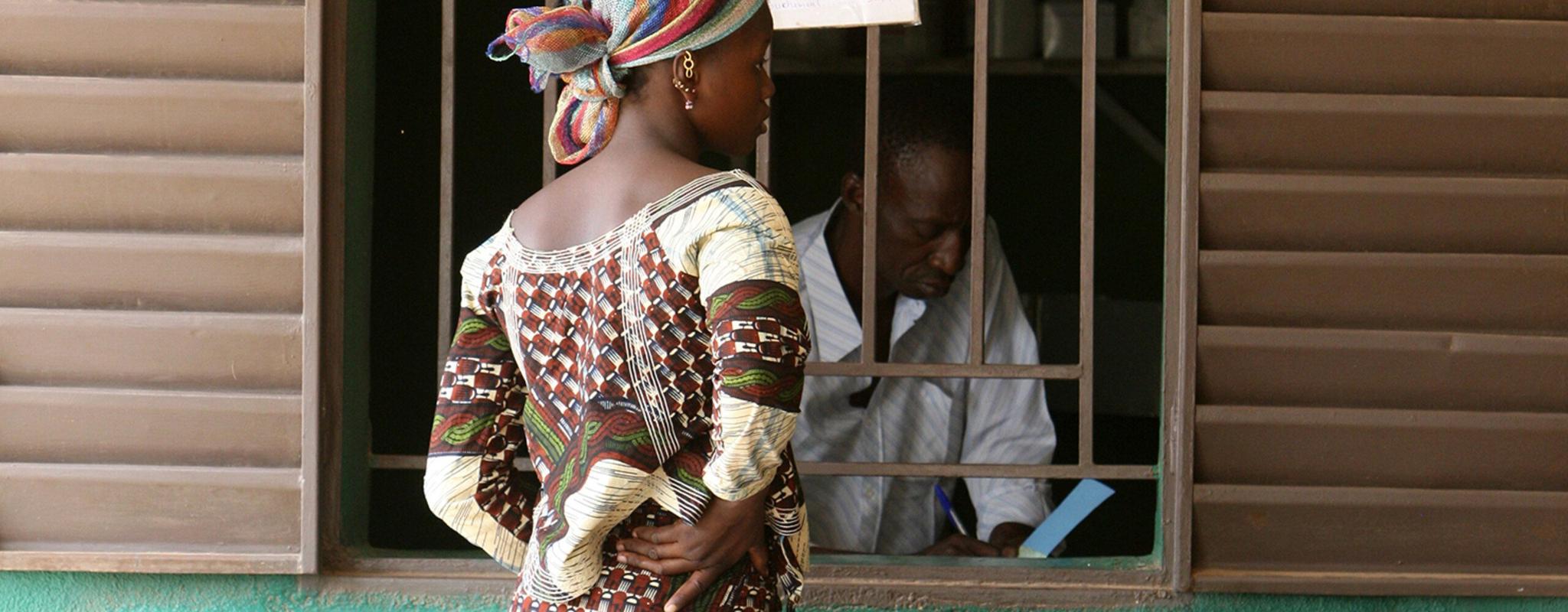Wellcome Global Monitor 2018
The Wellcome Global Monitor is the world’s largest study into how people around the world think and feel about science and major health challenges.
What’s inside
- findings about global attitudes to science and health based on a survey with over 140,000 people in more than 140 countries
Who this is for
- researchers
- funders
- policy makers
- science communicators
- public engagement practitioners
Key findings
Doctors and nurses are most trusted for health advice.
- 73% of people worldwide would trust a doctor or nurse more than any other source of health advice, including family, friends, religious leaders or famous people.
- Across the world, people with the lowest household income have less confidence in hospitals and healthcare systems.
What we know about science – and how we think it benefits society.
- Overall, 72% of people globally trust scientists.
- Over half (57%) of the world's population don’t think they know much – if anything – about science.
More than three-quarters of the world’s population agree that vaccines are safe and effective.
- Worldwide, 79% of people agree that vaccines are safe and 84% agree that they are effective.
- Bangladesh and Rwanda have the strongest confidence in vaccines – with almost all people in both countries agreeing that vaccines are safe, effective and that it is important for children to be vaccinated.
Significant gap in what men and women say they know about science.
- Men are more likely to claim greater knowledge of science than women. This gender gap exists even when men and women report equal levels of science attainment.
- Globally, 49% of men worldwide say they know 'some' or 'a lot' about science, compared with 38% of women.
"Wellcome Global Monitor presents an unprecedented view of the relationship between science and society worldwide. No matter how great your idea, how exciting your new treatment, or how robust your science, it must be accepted by the people who stand to benefit from it. Vaccines, for example, are one of our most powerful public health tools, and we need people to have confidence in them if they are to be most effective."
Infographics
Click images to open gallery
Share on social media
You can share any resources on this page, including images and videos, but only to promote the Wellcome Global Monitor. Use the hashtag #WMonitor.
Click images to open gallery
Pressing play on the video above will set a third-party cookie. Please read our cookie policy for more information.
Read chapters online
Downloads
Africa findings
Read a summary of the findings from Africa and download the full dataset.
Contact us
For media enquiries, contact Hannah Franklin at +44 (0)20 7611 8536 or mediaoffice@wellcome.org.
For any other questions, contact the team at W.GlobalMonitor@wellcome.org.
